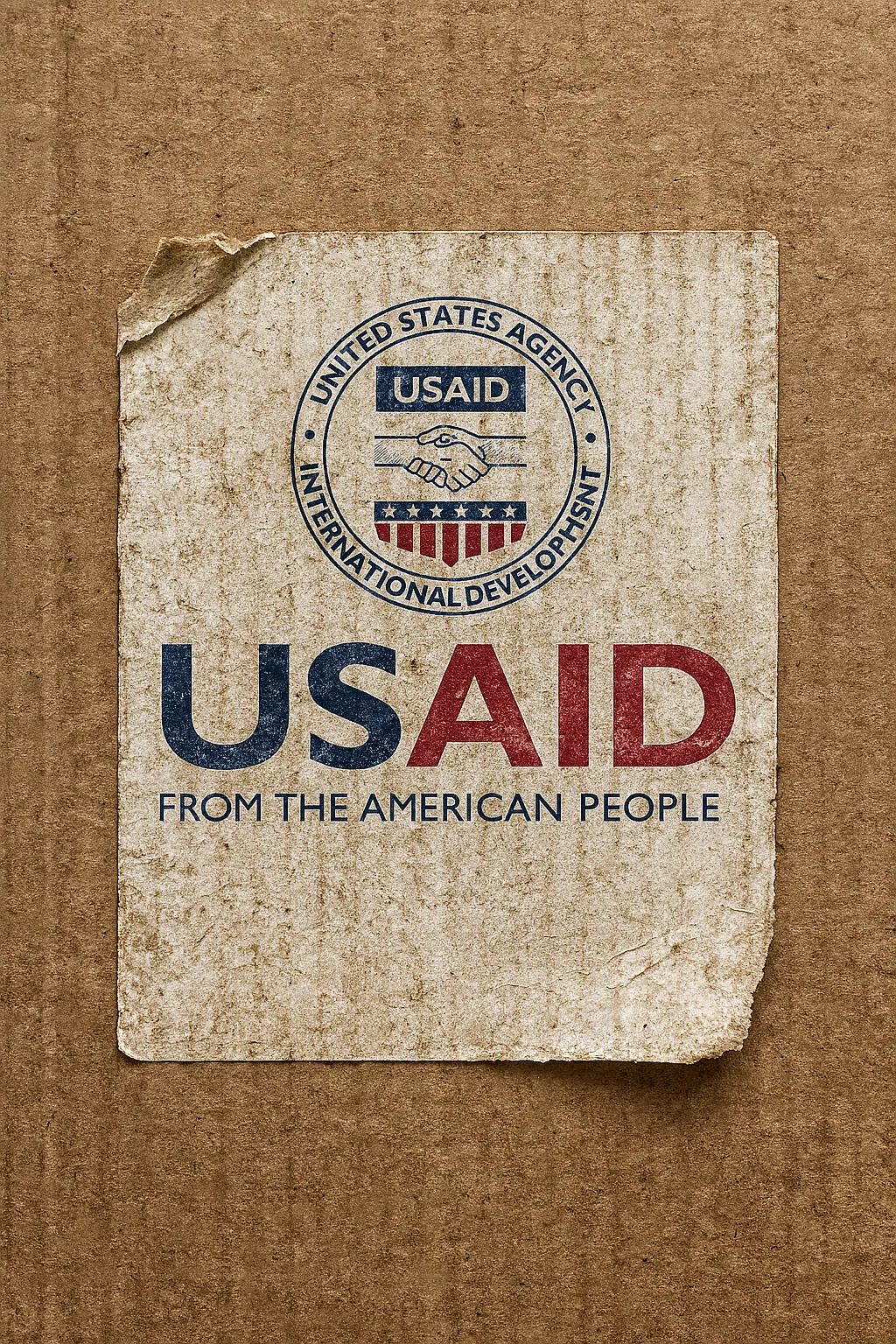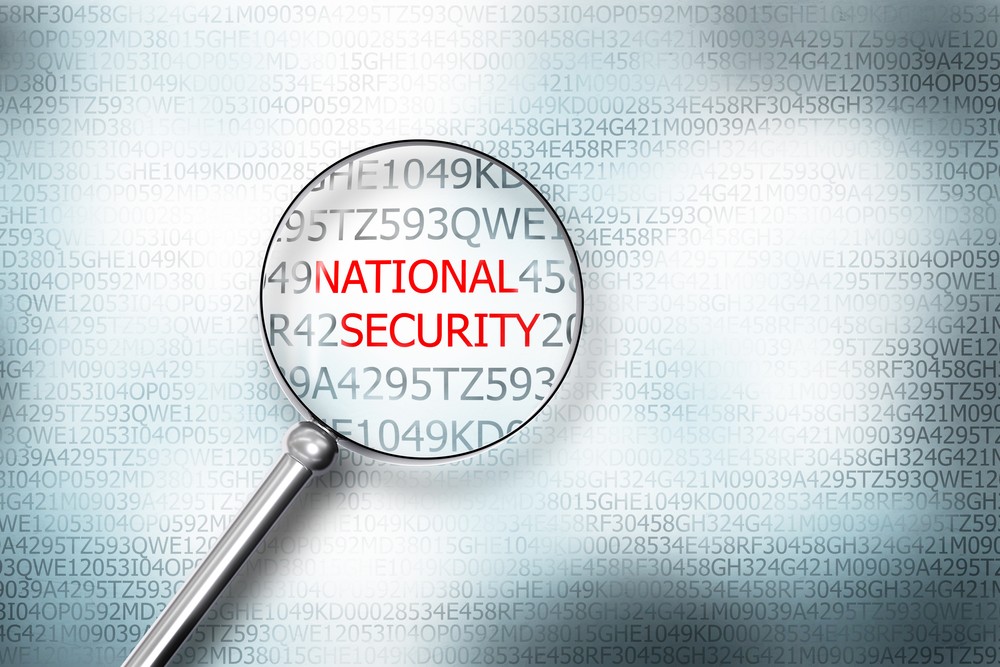Following the sudden dismantling of USAID and the abrupt termination of hundreds of U.S. Government contracts, U.S. Secretary of State Marco Rubio faced mounting questions from journalists about the future of American foreign assistance. In response, Secretary Rubio emphasized that the United States would continue to provide foreign aid, asserting that “foreign aid done right” serves the nation’s interests. Yet in recent months, human rights and democratization programs, particularly those under USAID and the State Department’s former Bureau of Democracy, Human Rights, and Labor (DRL), have been subjected to increasing political attack, as critics claim that some aspects of the work do not advance U.S. interests abroad or reflect American values.
This narrative, however, stands in stark contrast to the realities many of us who have worked in human rights and democratization know firsthand. There is no denying that the system was far from perfect, and it was indeed long overdue for reform. Layers upon layers of bureaucracy, often justified as safeguards for taxpayer dollars and mechanisms of accountability, at times wove a web of administrative hurdles that stifled innovation and delayed delivery.
That said, these programs have played an integral role in advancing U.S. interests abroad: earning us allies, strengthening democratic institutions, and building goodwill with partners around the world. Naturally, not everyone has welcomed USAID or the State Department’s democracy and governance initiatives. Despots and autocrats prefer to rule unchecked, without scrutiny of their human rights abuses. Alarmingly, we now face a moment where these programs are at risk of vanishing altogether, as Congress recently rescinded $9 billion in critical development assistance, including major cuts to foreign aid and democracy promotion efforts.
Lifesaving initiatives like PEPFAR and food assistance will ultimately fall short of advancing U.S. foreign policy objectives if not grounded in a broader, strategic framework. As Secretary Rubio has rightly noted, foreign assistance is not charity, it is an investment. And that investment yields the greatest impact for three key reasons.
First and foremost, human rights and democracy programming lay the foundation for everything else. Without political stability, the rule of law, and government accountability, providing food aid or medicine merely treats the symptoms, not the root causes, of fragility and crisis. A doctor would not keep prescribing aspirin to a patient suffering from a tumor just because it temporarily eases the pain; it would be both inefficient and ineffective in the long term. The same logic applies to foreign aid. You cannot build lasting development without a solid foundation. Otherwise, like a house built on sand, the structure will eventually collapse. If the United States wants to continue fostering meaningful partnerships, economically or diplomatically, rather than relationships defined by dependency, then supporting strong and accountable governance should be a priority.
Aid dependency in several African countries has declined dramatically over the last two decades. For example, both Ghana and Mozambique reduced their dependency by over 20 percentage points, Ghana from about 47 percent to 27 percent of government expenditure, and Mozambique from 74 percent to 58 percent, demonstrating how investments in governance and reform can lead to greater self-reliance.
Secondly, investing in strong governance, human rights, and peacebuilding helps prevent armed conflict and curb migration pressures at their source. When inclusive political systems offer legitimate avenues to address inequality, exclusion, and rights violations, the likelihood of those grievances escalating into crisis diminishes. In contrast, repression breeds discontent, conflict, and displacement.
Empirical data shows that governance-focused assistance, not simply economic or humanitarian aid, is more effective at reducing emigration. A panel study of 101 developing countries from 1985 to 2010 found that aid directed toward the rule of law, civil society, accountability, and transparency was significantly associated with lower international migration rates, while economic or social aid had no comparable effect.
In the context of Central America’s Northern Triangle: El Salvador, Guatemala, and Honduras, violence, corruption, and institutional fragility remain among the top “push” factors driving migration to the United States. Programs under U.S. strategies such as the Alliance for Prosperity have combined targeted governance investments with economic and security initiatives. Between 2015 and 2017, estimated homicide declines were 42 percent in El Salvador, 23 percent in Honduras, and 13 percent in Guatemala, correlating with areas receiving governance and violence-prevention programming. These interventions support the broader strategy of reducing conditions that drive displacement, rather than only responding to migration after it occurs.
If the Arab Spring taught us anything, it is that people, regardless of geography, long for dignity, fairness, and opportunity. Without legitimate systems to meet those needs, instability is inevitable. And instability does not remain contained, it fuels displacement, regional insecurity, and migration crises. Preventing conflict before it breaks out is both more strategic and cost-effective than managing its consequences later.
Third and finally, democracy and governance programming serve as a vital tool for countering authoritarian influence and safeguarding U.S. interests globally. Strategic competitors like China and Russia are actively undermining democratic norms through disinformation, coercive diplomacy, and exploitative economic practices. In regions ranging from the Western Balkans to the Caucasus, these activities threaten to inflame ethnic divisions, weaken state institutions, and destabilize entire regions, directly undermining Euro-Atlantic integration and broader U.S. foreign policy objectives.
China’s notorious use of predatory lending and opaque infrastructure deals, often under the guise of development, has left partner nations saddled with unsustainable debt and weakened sovereignty. Meanwhile, Russia’s propaganda and information warfare campaigns have deepened polarization in fragile states, fueling mistrust in democratic institutions and stoking tensions that can erupt into violence.
U.S.-funded media support initiatives and civil society programming, such as Voice of America and Radio Free Asia, have helped local journalists and watchdog groups expose Chinese exploitation and push back against Russian disinformation. These programs are not merely about promoting values; they are about defending strategic interests. Without dedicated democracy and governance investments, the United States risks ceding ground to authoritarian actors, weakening both its global influence and the stability of key partners in Europe, Africa, Latin America, and beyond.
As Washington debates the future of foreign assistance, it is important to recognize that human rights and democracy programs are foreign aid done right. Let’s keep them, especially if we want a stronger, safer, and more prosperous America. Slashing these programs would not only be short-sighted, but it would also be self-defeating.
Let us not forget that somewhere in a far corner of the world, elections were held with U.S. government support. Reconciliation was fostered through a USAID peacebuilding initiative. Women were empowered to participate in politics thanks to DRL-backed programs. These are not abstract victories, they are concrete expressions of American values in action.
If we as Americans truly believe in democracy, freedom, and justice, then continuing to support the best of what we stand for abroad should be a no-brainer. Because when we help others build stronger societies, we strengthen our own security, credibility, and leadership in the world.
The views expressed in this piece are those of the author and do not necessarily represent the position of the Alliance 4 American Leadership (A4AL) alone. Alliance 4 American Leadership would like to acknowledge the many generous supporters who make our work possible.














